Why is it difficult to find a job in Python?
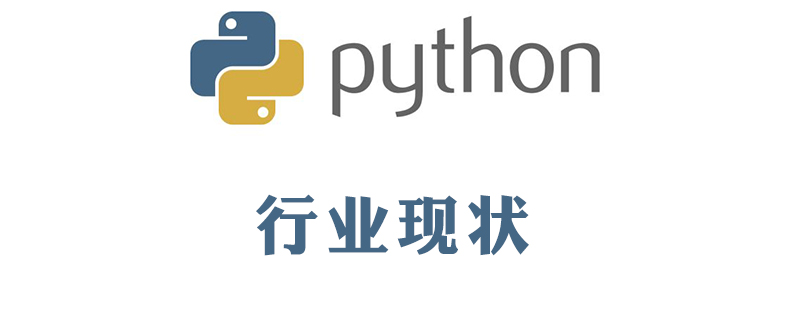
If you want to know more about python, you can click: python tutorial
Python has set off a learning craze among laymen. It is easy to learn and omnipotent. I vowed to sign up for a training class, or buy a course to study on my own. After a while, I thought I had mastered Python, but when I went out to find a job, I was in trouble. What is going on?
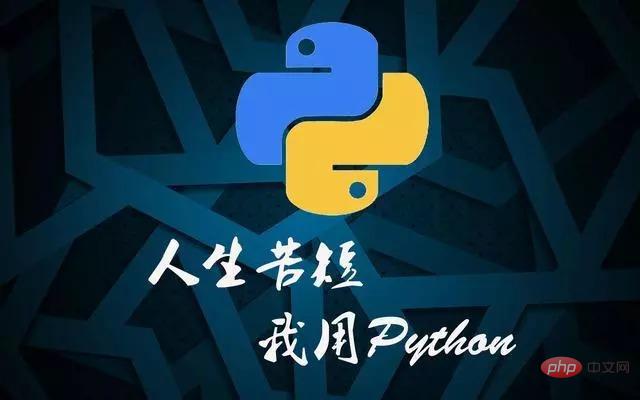
I became a monk and learned to play the piano halfway. I studied hard for a month, and finally I can read the staff. Let’s start playing the piano. Sit upright on a wooden chair and open the first page of music. It is the song "Little Star" that has been ringing in your ears since childhood. Play along with the line score one by one. After 10 minutes, you can talk coherently. After an hour, you can stop looking at the lines. Scored. I can play the piano now!
Can you play the piano? Of course it will. Can you give a piano recital now? Of course not.
"Master Python in One Month", "Learn Python in 15 Days", "Learn Python in 72 Hours, from Beginner to Master", it seems that you can master the Python language in dozens of hours and be able to find a job.
Just like learning to play the piano, these courses often only get you started and teach the basics of Python, without even practical courses. The headliners lead you to get started with Python, but they make you mistakenly think that you have reached the level of finding a job.
Always remember: being eloquent does not necessarily make you a salesperson, and you cannot become a financer just by relying on certificates.
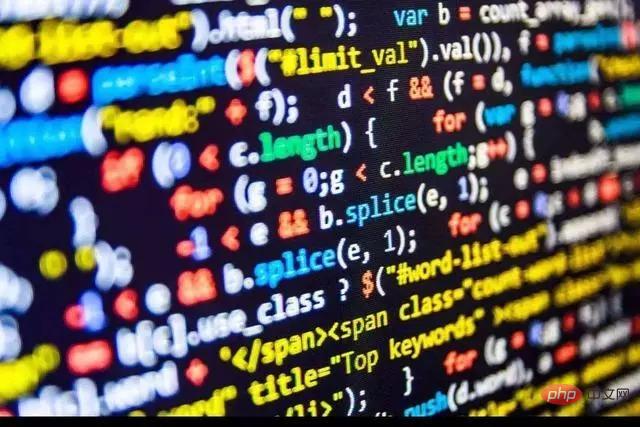
The market demand for Python engineers is increasing day by day, and more and more people are entering the industry, but few meet the job requirements. Companies are short of people, and there are many people who "know" Python. Companies are experiencing labor shortages, and people who want to join the industry can't find jobs. This is the biggest embarrassment now.
There are not many pure Python positions, and you can’t find a job if you only know Python. In fact, there are no programmers who only know one language. We know that computer languages are used to solve problems. Each programming language has its advantages and disadvantages and different application scenarios.
The same goes for Python. You can’t solve all problems using just Python.
"Be proficient in one subject and be familiar with many" is the kingly way.
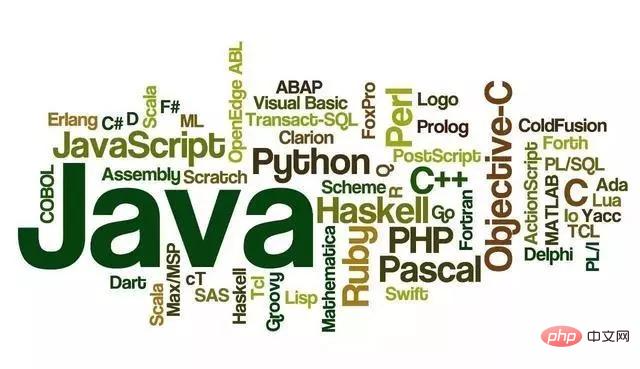
"The world has one language". After you master Python, learning another computer language will become extremely simple, and it may take less than a month. You can become familiar with a language.
So, besides Python, which other language should I master?
Python is a static language (Java/C) or a functional language (Haskell/Lisp/Scala). Interestingly, Python job seekers do not necessarily need to interview for Python positions. There was an example in a major company where the entire interview was conducted in C and the entire algorithm was written in Python.
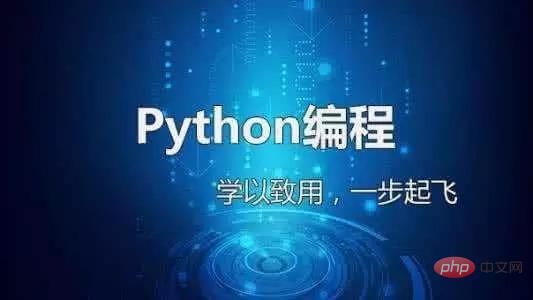
So, how to find a job after learning Python? What kind of employment concept should we establish? W3Cschool is here to tell you.
It can be summed up simply in 18 words: self-study is worse than enrolling in a class, employment is worse than choosing a career, and do not cheat.
There are many benefits to enrolling in classes, but there are also many problems. We do not talk about the qualifications of training institutions, but only look for problems on our own. W3Cschool believes that at least half of the students learn programming just on impulse. They spend tens of thousands in training fees and take a few classes, only to find that they don’t like programming. Not to mention the training fees, precious time in life is wasted. Lost like this.
Registering for a class is suitable for students with poor self-control, but before registering for a class, it is best to find some resources online and try it out to determine whether you really like programming. Then decide whether to sign up for classes.
If you have certain self-study ability, it is best to study by yourself. During the job search stage, assuming that two people have the same level, the self-taught person will definitely be given priority.

After learning programming, looking for a job really corresponds to the saying "Everything is difficult at the beginning". A student once told his job search experience like this: After learning Python, he started looking for a job. I applied for more than 30 jobs, but only got 10 interview opportunities and two or three offers.
Many students who don’t know much about IT mistakenly believe that programmers earn more. This is true, but there is a misunderstanding. Programmers do not earn an annual salary of 300,000 to 400,000 yuan at the beginning, but it takes a certain amount of time. However, with the accumulation of work experience and improvement of technical level, their salary will increase very quickly.
When choosing a career, you must first find a job. Even if you don’t like the company, if you stay for a year and a half, the next job will become very easy to find, and the salary level will be very high. increase. Some programmers say: "Job hopping = salary increase" is not unreasonable.

The above is the detailed content of Why is it difficult to find a job in Python?. For more information, please follow other related articles on the PHP Chinese website!

Hot AI Tools

Undresser.AI Undress
AI-powered app for creating realistic nude photos

AI Clothes Remover
Online AI tool for removing clothes from photos.

Undress AI Tool
Undress images for free

Clothoff.io
AI clothes remover

AI Hentai Generator
Generate AI Hentai for free.

Hot Article

Hot Tools

Notepad++7.3.1
Easy-to-use and free code editor

SublimeText3 Chinese version
Chinese version, very easy to use

Zend Studio 13.0.1
Powerful PHP integrated development environment

Dreamweaver CS6
Visual web development tools

SublimeText3 Mac version
God-level code editing software (SublimeText3)

Hot Topics
 1378
1378
 52
52
 The 2-Hour Python Plan: A Realistic Approach
Apr 11, 2025 am 12:04 AM
The 2-Hour Python Plan: A Realistic Approach
Apr 11, 2025 am 12:04 AM
You can learn basic programming concepts and skills of Python within 2 hours. 1. Learn variables and data types, 2. Master control flow (conditional statements and loops), 3. Understand the definition and use of functions, 4. Quickly get started with Python programming through simple examples and code snippets.
 Python: Exploring Its Primary Applications
Apr 10, 2025 am 09:41 AM
Python: Exploring Its Primary Applications
Apr 10, 2025 am 09:41 AM
Python is widely used in the fields of web development, data science, machine learning, automation and scripting. 1) In web development, Django and Flask frameworks simplify the development process. 2) In the fields of data science and machine learning, NumPy, Pandas, Scikit-learn and TensorFlow libraries provide strong support. 3) In terms of automation and scripting, Python is suitable for tasks such as automated testing and system management.
 Navicat's method to view MongoDB database password
Apr 08, 2025 pm 09:39 PM
Navicat's method to view MongoDB database password
Apr 08, 2025 pm 09:39 PM
It is impossible to view MongoDB password directly through Navicat because it is stored as hash values. How to retrieve lost passwords: 1. Reset passwords; 2. Check configuration files (may contain hash values); 3. Check codes (may hardcode passwords).
 How to use AWS Glue crawler with Amazon Athena
Apr 09, 2025 pm 03:09 PM
How to use AWS Glue crawler with Amazon Athena
Apr 09, 2025 pm 03:09 PM
As a data professional, you need to process large amounts of data from various sources. This can pose challenges to data management and analysis. Fortunately, two AWS services can help: AWS Glue and Amazon Athena.
 How to start the server with redis
Apr 10, 2025 pm 08:12 PM
How to start the server with redis
Apr 10, 2025 pm 08:12 PM
The steps to start a Redis server include: Install Redis according to the operating system. Start the Redis service via redis-server (Linux/macOS) or redis-server.exe (Windows). Use the redis-cli ping (Linux/macOS) or redis-cli.exe ping (Windows) command to check the service status. Use a Redis client, such as redis-cli, Python, or Node.js, to access the server.
 How to read redis queue
Apr 10, 2025 pm 10:12 PM
How to read redis queue
Apr 10, 2025 pm 10:12 PM
To read a queue from Redis, you need to get the queue name, read the elements using the LPOP command, and process the empty queue. The specific steps are as follows: Get the queue name: name it with the prefix of "queue:" such as "queue:my-queue". Use the LPOP command: Eject the element from the head of the queue and return its value, such as LPOP queue:my-queue. Processing empty queues: If the queue is empty, LPOP returns nil, and you can check whether the queue exists before reading the element.
 How to view server version of Redis
Apr 10, 2025 pm 01:27 PM
How to view server version of Redis
Apr 10, 2025 pm 01:27 PM
Question: How to view the Redis server version? Use the command line tool redis-cli --version to view the version of the connected server. Use the INFO server command to view the server's internal version and need to parse and return information. In a cluster environment, check the version consistency of each node and can be automatically checked using scripts. Use scripts to automate viewing versions, such as connecting with Python scripts and printing version information.
 How secure is Navicat's password?
Apr 08, 2025 pm 09:24 PM
How secure is Navicat's password?
Apr 08, 2025 pm 09:24 PM
Navicat's password security relies on the combination of symmetric encryption, password strength and security measures. Specific measures include: using SSL connections (provided that the database server supports and correctly configures the certificate), regularly updating Navicat, using more secure methods (such as SSH tunnels), restricting access rights, and most importantly, never record passwords.




